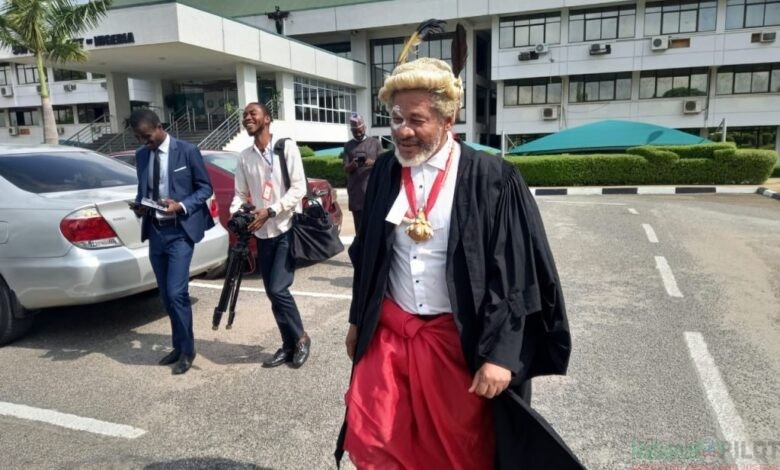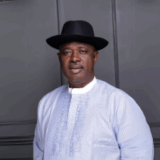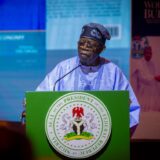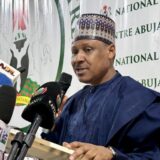Renowned legal scholar and human rights activist, Omirhobo, has thrown his weight behind President Tinubu’s controversial Tax Reform Bill, sparking a heated debate about regional contributions and economic equity in Nigeria. Omirhobo’s pointed declaration, “North cannot reap where it didn’t sow,” encapsulates the core of his argument, challenging the prevailing distribution of tax revenues and igniting discussions about fiscal fairness in the nation.
While a specific date for Omirhobo’s statement is not provided, his stance aligns with the broader context of the Tax Reform Bill, which has been a focal point of political and economic discussions in Nigeria. The bill, a key initiative of the Tinubu administration, aims to overhaul the country’s taxation system, but it has faced resistance, particularly from some Northern governors who argue that it disadvantages their region.
Omirhobo’s statement, though lacking a precise date, appears to be a direct response to this opposition, challenging the notion that the North is being unfairly targeted. His argument hinges on the idea that economic contributions should be commensurate with the benefits received. He contends that regions that contribute more to the national coffers through tax revenue should have a greater say in how those resources are allocated.
This line of reasoning taps into a long-standing tension in Nigeria, where regional disparities in economic development and resource distribution have fueled feelings of marginalization and resentment. The North, with its predominantly agrarian economy and lower levels of industrialization, has historically relied more heavily on federal allocations derived from oil revenue generated primarily in the South.
Omirhobo’s statement appears to be a call for greater accountability and a more equitable distribution of resources based on economic contributions. He suggests that the North should focus on strengthening its own economic base and generating more revenue rather than depending on allocations from other regions.
This viewpoint has been echoed by other proponents of the Tax Reform Bill. The Progressive Northern Youth Forum (PNYF), for instance, has commended President Tinubu for standing firm on the bill, despite opposition from the National Economic Council (NEC). The PNYF argues that the bill is essential for promoting fiscal responsibility and encouraging economic diversification across all regions of Nigeria.
However, critics of the bill, including some Northern governors, view it as an attempt to further disadvantage their region. They argue that the North is already grappling with significant economic challenges, including poverty, unemployment, and underdevelopment. Imposing higher taxes, they contend, will only exacerbate these problems and hinder the region’s ability to catch up with the more economically advanced South.
The debate over the Tax Reform Bill highlights the deep-seated complexities of Nigeria’s federal system and the delicate balance of power between the central government and the states. It also reflects the historical and economic disparities that have shaped the relationship between different regions of the country.
Omirhobo’s forceful intervention in this debate adds another layer of complexity, bringing issues of regional equity, economic contributions, and fiscal responsibility to the forefront. His statement, though lacking specific details or dates, serves as a potent reminder of the unresolved tensions and the need for a more inclusive and equitable approach to economic development in Nigeria.

















